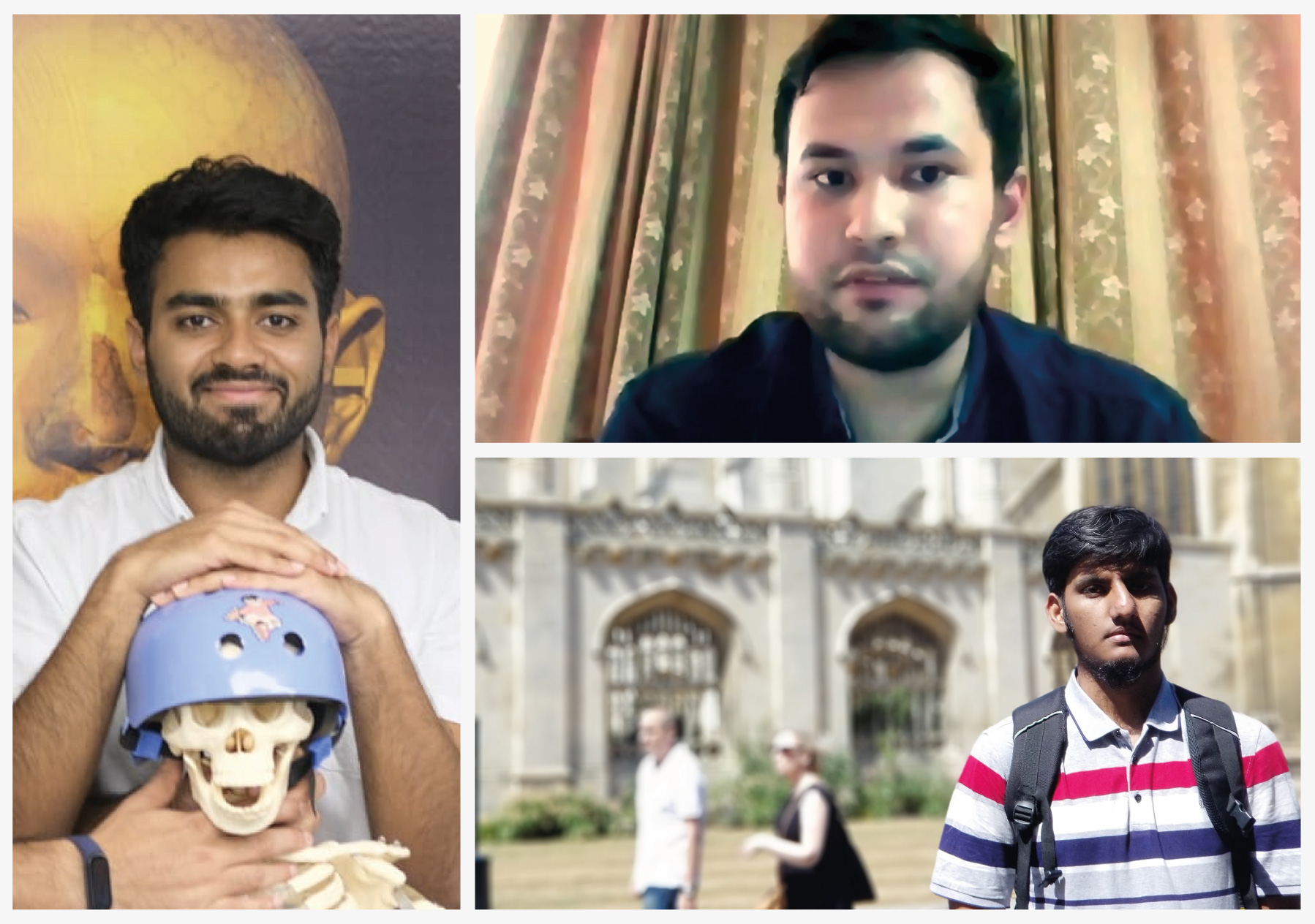Basically, we have seen every year the global warming is increasing and so is energy demand. Ammonia is currently being explored as a potential alternative fuel alongside hydrogen, amid the diminishing supply of conventional fossil fuels. The motivation of this project came from our supervisor Dr. Liang An. Our project studied the effects of parameters on the production process and the problems associated with this production method. During the problem of visualizing cathode flooding and designing crossover models, we failed a few times, and only through learning from the mistakes made during those tries did we come up with a successful solution.

Mr. KHALID Farhan
BEng (Hons) Mechanical Engineering
Faculty of Engineering
Mr. SAFIULLAH Saad Bin
BEng (Hons) Mechanical Engineering
Faculty of Engineering
Mr. TAHIR Abdullah
BEng (Hons) Mechanical Engineering
Faculty of Engineering
The pursuit of knowledge is a lifelong journey! To further expand your knowledge and continue your personal and professional growth. Click and explore the following learning resources:
Electrochemical Flow Cell for Green Ammonia Production
Ammonia Production and Renewable Energy
Research and Experimental Methods
Research and Information Literacy
Critical Thinking and Problem-solving
Communication and Presentation Skills
Continuous Improvement and Learning from Mistakes